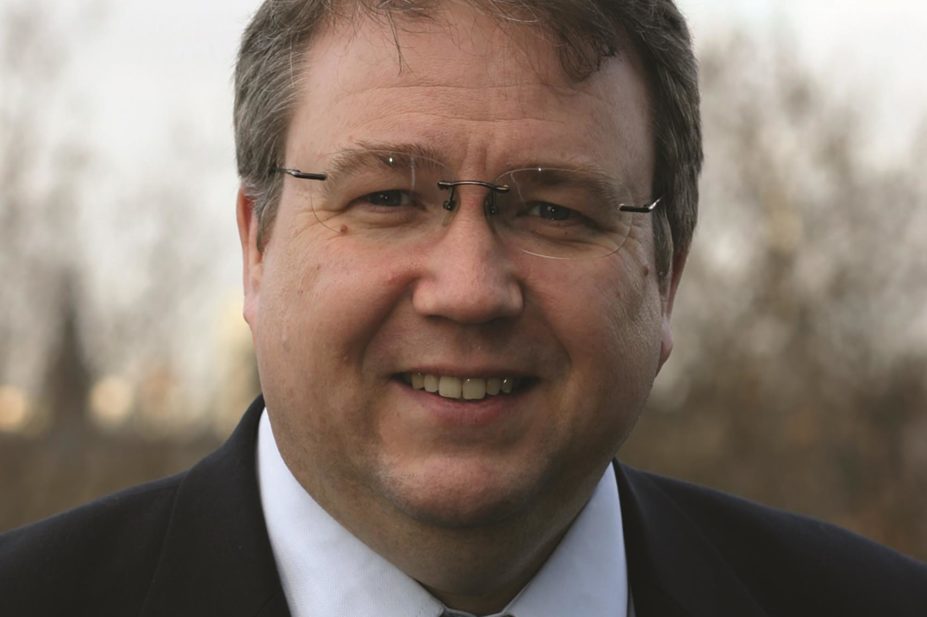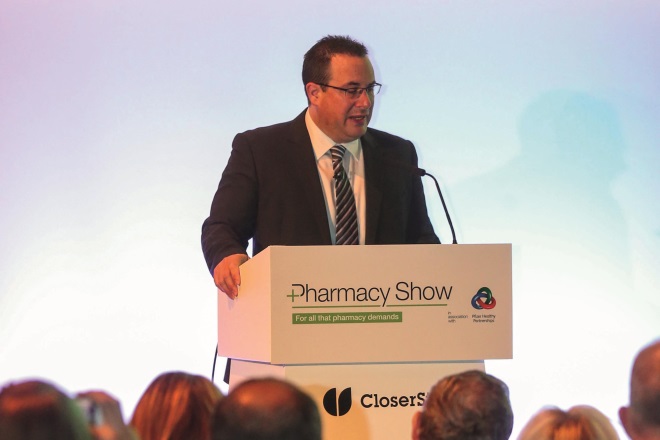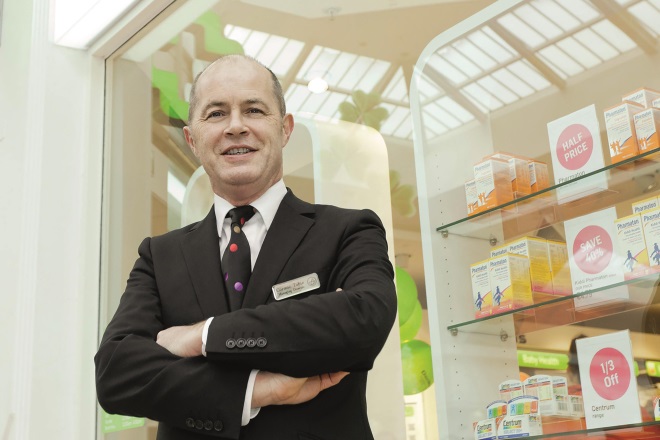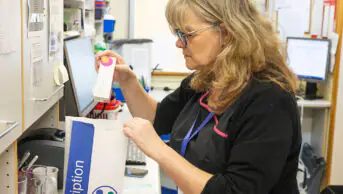
Courtesy Pharmacy Voice
NHS England has been accused of inconsistency after it championed the roll out of a national community pharmacy-run sore throat service at a time when the sector is facing huge budget cuts.
The criticism comes from pharmacy organisations that have been quick to point out that there is no new money to fund the service, despite the fact that it has won recognition for its potential to take pressure off GPs and help address antibiotic resistance.
The Pharmaceutical Services Negotiating Committee (PSNC), which leads discussions with the government on the community pharmacy contract in England, says it will be up to individual commissioners to decide whether to adopt the service.
NHS England announced on 14 November 2016 that the sore throat test-and-treat service has been selected as one of eight schemes to be included in the NHS Innovation Accelerator programme this year. Its inclusion in the programme means that the service has won national recognition for being innovative and has the potential to help deliver the government’s Five Year Forward View.
Other innovations included in the programme include an epilepsy self-management tool, which enables patients to monitor their well-being and know when to seek medical support, and a scheme in which a specialist police officer works within community mental health teams to better support high-risk service users.

Source: The Pharmacy Show
Alastair Buxton, director of NHS services at the PSNC, says the announcement seems to run contrary to the Department of Health funding cut planned for December 2016
Alastair Buxton, director of NHS services at the PSNC, welcomed NHS England’s recognition of community pharmacy but adds: “This announcement seems to run contrary to the Department of Health funding cut, which is due to be implemented [in December 2016] and which will adversely affect the ability of pharmacies to provide patient care.
“No central funding is being made available to commission this service and its adoption will be subject to local decisions made by clinical commissioning groups,” he says.

Source: Pharmacy Voice
Rob Darracott, chief executive of Pharmacy Voice, says that if the NHS and government are serious about working with the community pharmacy sector to develop this type of initiative then partnerships are needed not cuts
Pharmacy Voice, which represents community pharmacy trade associations, also expressed doubt that the service would become a national scheme. Its chief executive Rob Darracott says: “This welcome recognition of a community pharmacy extended service highlights the inconsistency of the NHS’s stated desire to integrate community pharmacy services into the health and care system with the policy and funding decisions taken by the Treasury and the Department of Health.
“If the NHS and government are serious about working with the community pharmacy sector to develop and embed this type of initiative then we need partnerships not cuts,” he adds.
As part of the walk-in service, which was piloted by Boots at 35 stores in London and Leicestershire in 2014 and 2015, patients presenting with a sore throat were offered point-of-care testing for group A streptococcus bacterial infection. Patients who tested positive were offered antibiotics to treat the infection.
Of the 367 patients who had an initial discussion with a member of staff in the pharmacy, 149 (40.6%) were tested for the bacterial infection. Of these, 36 (24.2%) tested positive and received antibiotics from the pharmacist.
An evaluation of the pilot, published in July 2016, estimated that the service saved the NHS £2,747 over the course of the study because patients did not need to see a GP. It also estimated that community pharmacists could deal with 800,000 of the 1.2 million cases of sore throat seen by GPs every year under this model.

Source: Celesio
Cormac Tobin, managing director of Celesio UK, says medium-term cost savings to the NHS must be addressed through new money for pharmacy, not more tinkering with the global sum
Cormac Tobin, managing director of Celesio UK, which runs the LloydsPharmacy chain, says the benefits of the service are “considerable in terms of taking pressure off GPs, not to mention the effect on antibiotic resistance”.
But he adds: “These medium-term cost savings to the NHS must be addressed through new money for pharmacy, not more tinkering with the global sum. The pharmacy profession is used to doing more for less, and there are many other ways that pharmacy could and should be contributing.
“It will happen if the government backs up its rhetoric with a proper — and properly funded — plan.”
All projects included in the NHS Innovation Accelerator programme are offered support by NHS England and the 15 academic health science networks to help get their innovation rolled out across the NHS. According to its website, that support includes mentoring; learning and development opportunities; and access to a £30,000 bursary. In 2015, the programme selected 17 innovations and supported their roll out across 389 NHS organisations.
Malcolm Harrison, senior manager for projects and contract development at Boots UK, has been appointed as a fellow for the NHS Innovation Accelerator programme. He hopes the programme will bring “more opportunity to work collaboratively with industry partners and other pharmacies to hopefully provide large-scale coverage to make sure that patients have a new access point of care to relieve burden on GPs, while also making sure that antibiotics are only given when needed”.


